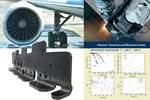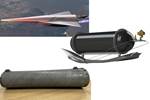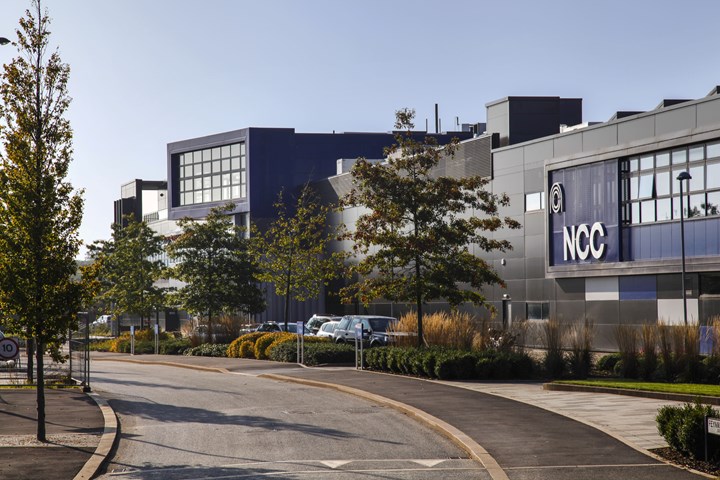Lucideon, NCC partner to develop next-gen CMC solutions
This close collaboration will develop, analyze and evaluate advanced materials and applications to support the emerging demand for materials that can survive high-temperature, extreme and harsh environments.
Lucideon (Staffordshire, U.K.) and the National Composites Centre (NCC, Bristol, U.K.) have forged a closer collaboration to develop advanced ceramic composites solutions to meet a growing market demand for materials that survive in harsh environments.
Both parties have signed a Memorandum of Understanding (MOU) to provide a comprehensive range of services in the use of oxide and non-oxide ceramic composite materials for a variety of applications. Under the arrangement, Lucideon will focus on providing analysis and evaluation, and supporting the development of advanced materials and applications, with the NCC concentrating on full system and product design, and industrial scale development.
“Due to global challenges such as energy security and net zero, there is an increasing need for new, affordable technologies that will endure longer durations in increasingly harsh environments,” Tim Abbott, business manager at Lucideon, says. “To enable this, novel materials and manufacturing processes are required to deliver a step-change in technology performance and survivability. Lucideon’s expertise in advanced ceramics and ceramic matrix composites [CMC] is well aligned with NCC. The collaboration will provide the marketplace with end-to-end capability to address their challenges, from fundamental materials development, through to full system design and validation.”
A development and commercialization organization (DCO), Lucideon specializes in materials technology, processes, and analysis and evaluation.
The agreement with the NCC will also encompass Lucideon’s access to the new state-of-the-art Applied Materials Research, Innovation & Commercialisation Company (AMRICC) Centre, developed to channel new routes to commercialization in the advanced ceramics sector. Hosted at Lucideon’s site in Staffordshire, the AMRICC Centre houses a wide selection of next-generation, high-value equipment.
“We are seeing demand for engineering solutions in high-temperature, extreme and harsh environments emerge now, and this is expected to grow substantially,” Matt Hocking, head of energy at the NCC, emphasizes. “The current challenges around security or supply and cost-effectiveness also needs to be addressed in order for the U.K. to become competitive across many industries. It is these challenges that the collaboration, in combination with wider industrial partners such as Lucideon, will address.”
As part of the High Value Manufacturing Catapult (HVMC), the NCC is an independent, open-access technology center delivering world-class R&D, with a key focus on composites, hydrogen, digital engineering and sustainability, across a range of sectors, including energy, aerospace, defense and space and surface transport.
Its work includes the development of engineering solutions for extreme temperature applications while simultaneously maturing and growing a U.K.-based materials, engineering and product supply chain to serve New Nuclear, with a focus on finding the most sustainable solutions.
The NCC’s other related developments in CMC include a collaboration to develop fusion-grade SiC/SiC composites, and demonstration of the manufacturing of CMC parts via AFP.
Related Content
-
General Atomics wins DOE contract to develop silicon carbide CMC for fusion power plants
GA-EMS will leverage experience with SiGA SiC/SiC cladding for nuclear fuel rods to develop new SiC composite foam and other materials for fission and magnetic fusion programs.
-
MATECH’s FAST technology achieves ultra-high density C/C composites
Targeting demanding hypersonic missile applications and ballistic reentry, the patent-pending process increases C/C composite ablation and oxidation resistance by 20 times.
-
Bio-based SiC ceramics from wood polymer composites
Austrian research institute Wood K plus makes 95% silicon carbide ceramics more sustainable (>85% bio/recycled content), enables 3D shapes via extrusion, injection molding and 3D printing.

















